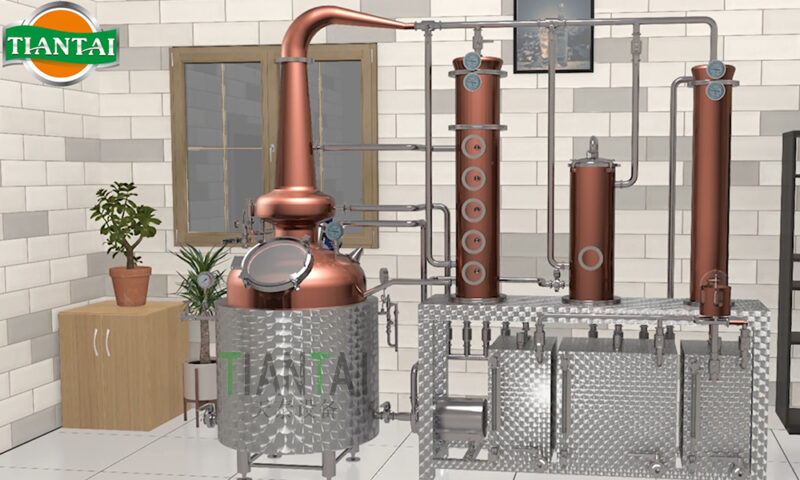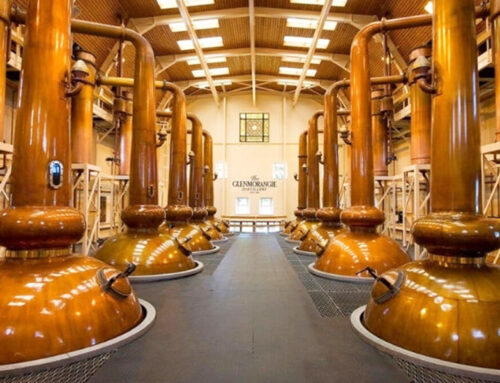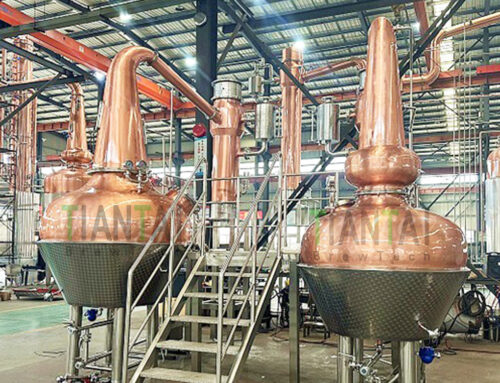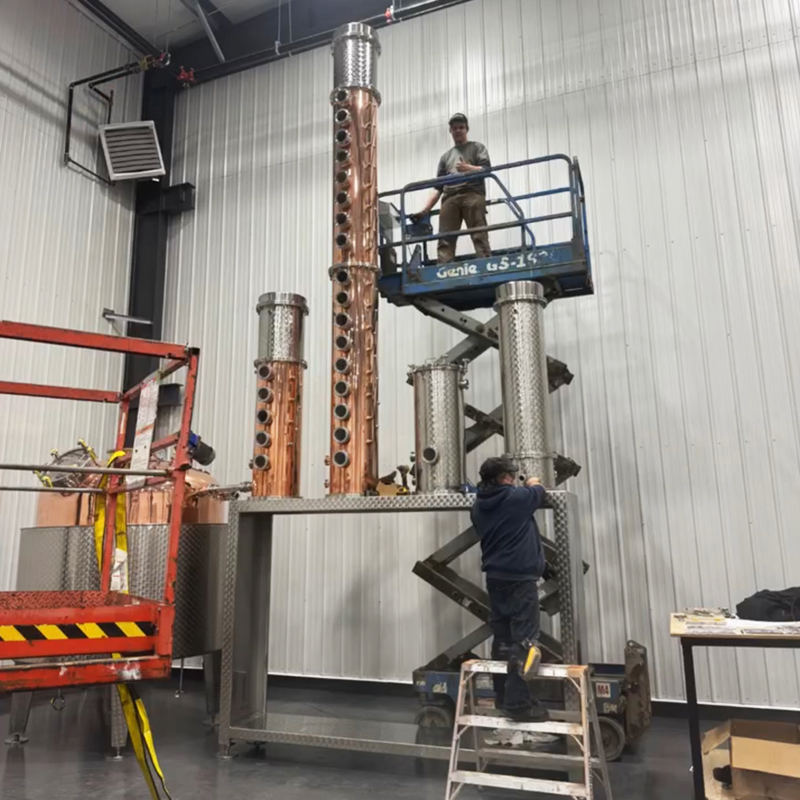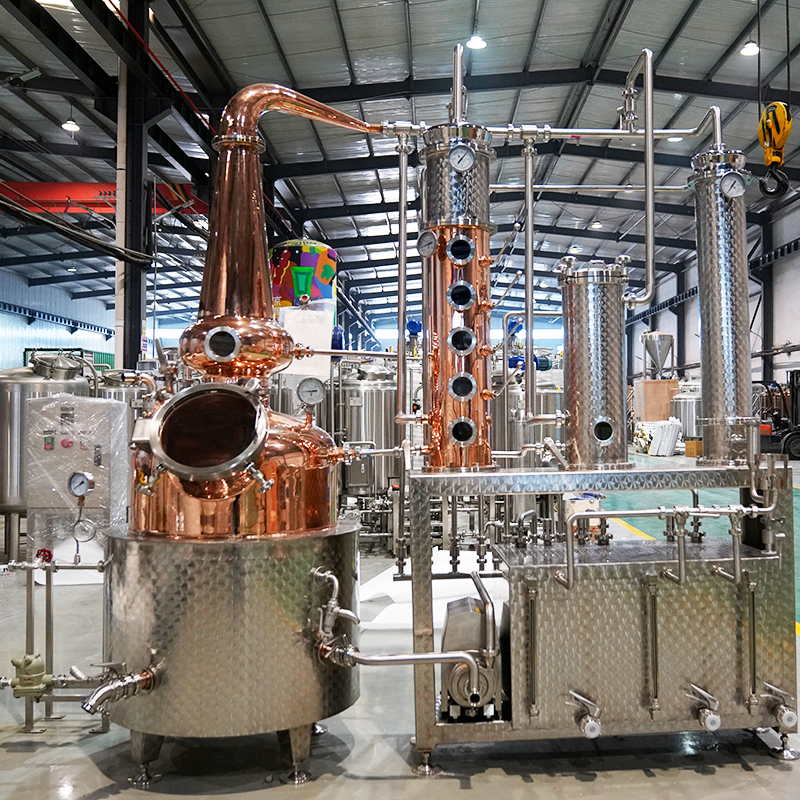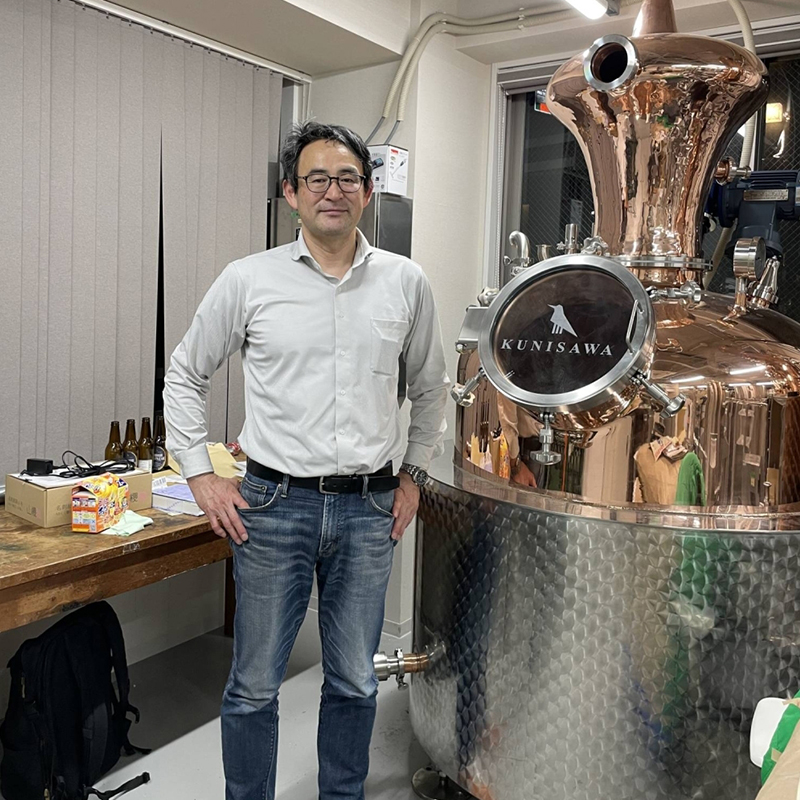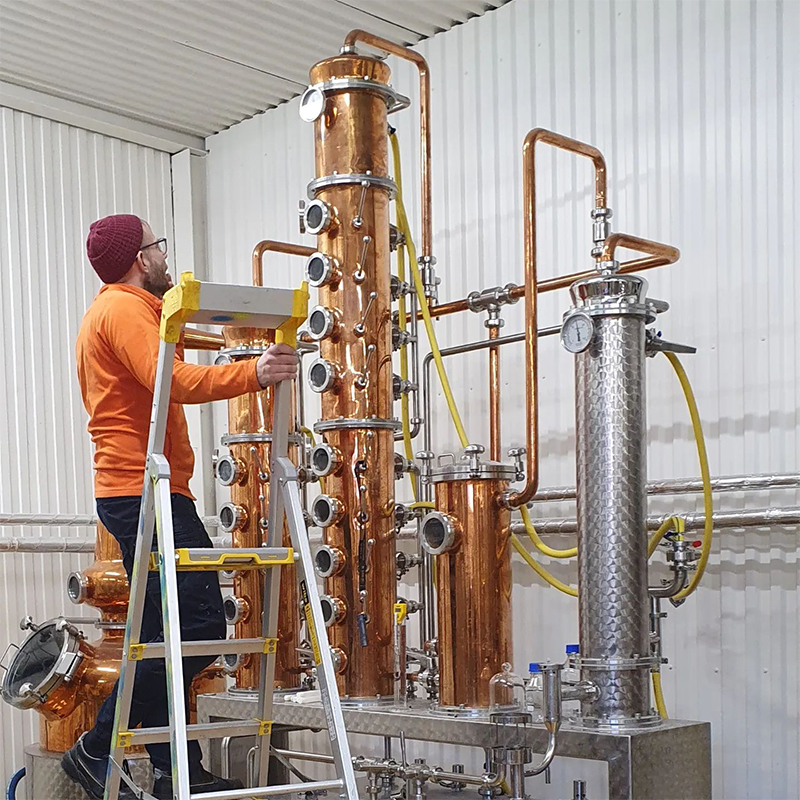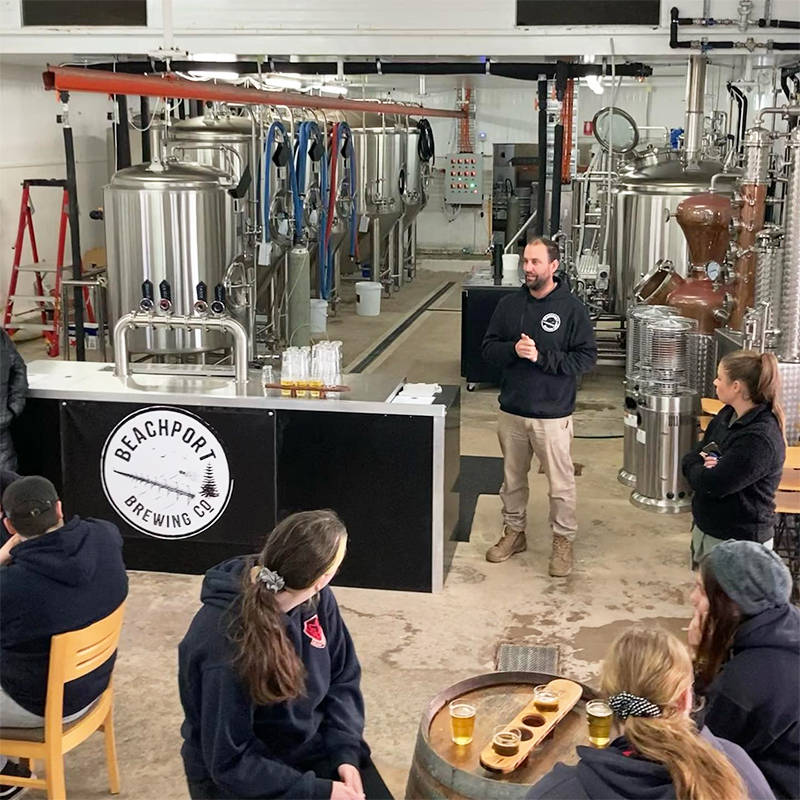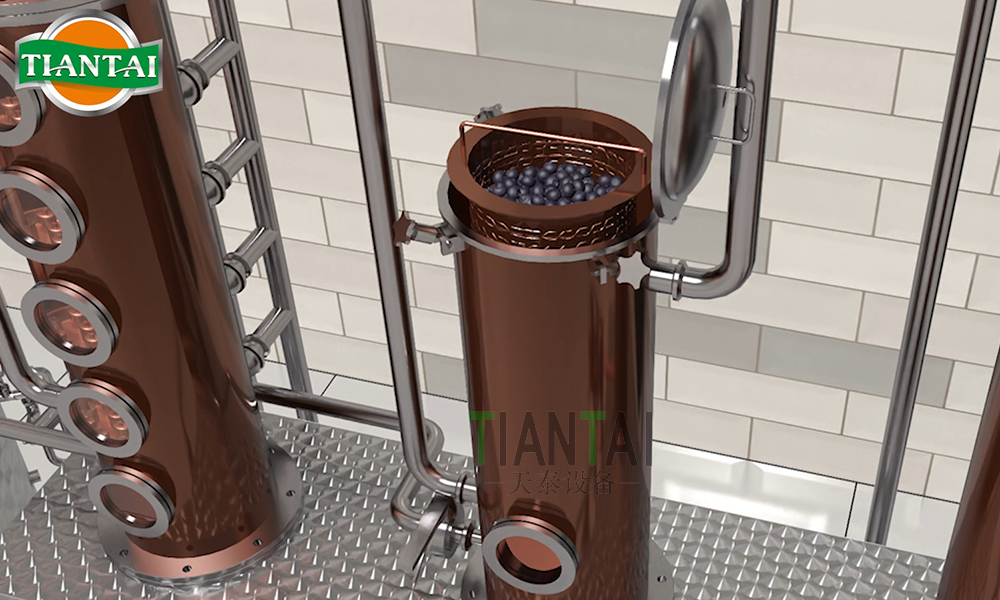
How to choose the right gin still for your small distillery
Starting a small gin distillery can be both exciting and challenging, with one of the most critical decisions being the selection of the right gin still. The equipment you choose will have a profound impact on your product’s quality, production efficiency, and the overall success of your business. This article will guide you through the essential factors to consider when selecting the best gin still for your small distillery.
Types of Gin Stills
Pot Stills: Widely used for their ability to produce rich, flavorful gins, pot stills often require multiple distillations to achieve the desired alcohol strength. They are ideal for small-batch, artisanal production where flavor control is key.
Column Stills: These continuous stills are efficient for larger-scale production. They can distill high-proof alcohol with consistent quality, making them suitable for distilleries focused on high-volume output.
Hybrid Stills: A combination of pot and column stills, hybrid stills allow distillers to experiment with different techniques. They’re well-suited for small distilleries looking to balance efficiency with quality.
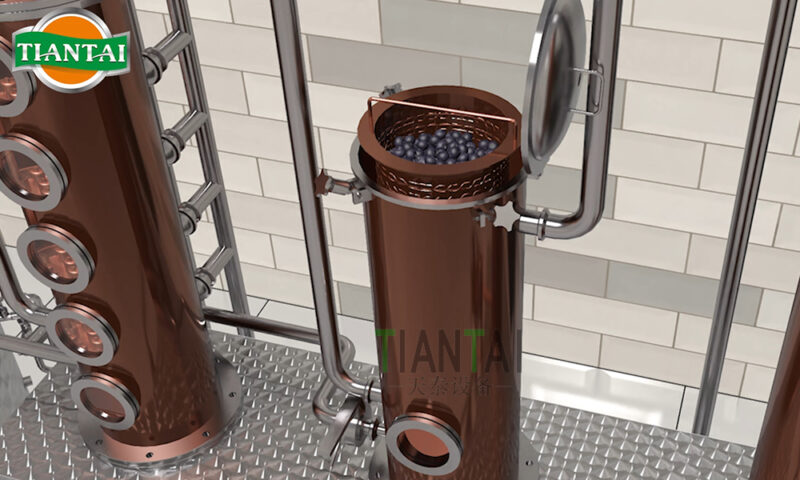
Production Volume
Small Batch: Pot stills or hybrids are better for craft gins where flexibility in flavor extraction is important.
Large Scale: Column stills are more efficient for high-volume, consistent production.
Budget
Initial Investment: Pot stills are usually more affordable, while column and hybrid stills require a larger upfront cost.
Maintenance: Copper stills need more upkeep due to corrosion, while stainless steel stills are durable and require less maintenance.
Space and Location
Space Requirements: Pot stills tend to occupy more floor space, while column stills have a smaller footprint and fit into tighter spaces.
Material and Build Quality
Copper vs. Stainless Steel: Copper enhances flavor and aroma but is prone to corrosion. Stainless steel stills are more durable but may not have the same impact on taste.
Durability: A well-constructed still with high-quality materials ensures longevity and reduces the need for frequent replacements.
By understanding your distillation process, production needs, and market goals, you can confidently choose a still that helps you craft the best gin for your unique brand.
